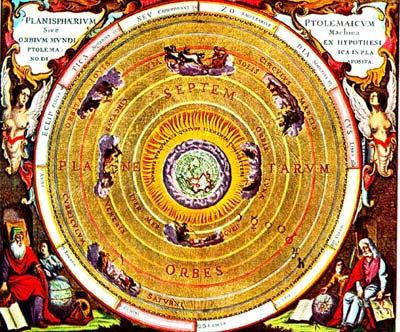We’ve heard a lot recently about the real America and how it has been overlooked and forgotten recently. Pundits tell us we misunderstand it and sleight it at our own risk. Most of those pundits have never spent more than a week in any one part of it and know nothing of it, by the way. Nonetheless, they are writing a mythology of that magical place.
I’m from that real America. I grew up in the same area that (part of) my family had been in for just over 140 years at my birth. Granted, some of the rest of my family were incomers, but all from other parts of that great real America, all of them having settled somewhere in middle America—if we include Appalachia—well before the Civil War and many before the Revolution.
My hometown was a great place to grow up, with some important caveats and for only some groups. But there’s a tendency now to talk about places like Huntington as if they are citadels of virtue to be contrasted with the Babylons and Sodoms of the big cities and the coasts. That’s just not the case. I’ve been thinking about just some of what went on in my town. Here, I give a partial list:
- The son of my first grade teacher got into an argument outside a drug store with another boy from the high school. He was beaten so badly that, though he continued to age, he returned to the mentality of a mere child.
- My elementary school had a fourth-grade teacher who regularly had male students sit on his lap. Everybody knew about it. Everybody talked about it. Everyone warned their boys about it. No one did anything about it.
- When I was in elementary school or junior high, a man killed his father after his father “looked at him wrong.” They were cutting wood at the time. So, he hacked him to death.
- When I was in high school, three boys went to the home of an eccentric and probably gay businessman, ostensibly to rob him. Well, maybe two of them thought it was a robbery or they were going to settle some dispute the third of them had had with the man. In fact, that man also ended up being axed to death by the third boy.
- Also, when I was in high school, there was a rash—I mean it seemed like an epidemic if such things could be catching—of men being found hanged at one of our local reservoirs. They had hanged themselves in the pursuit of the perfect orgasm through autoerotic asphyxiation. They, of course, were not the only ones pursuing release at the reservoirs.
- There was another fellow who was arrested numerous times for criminal trespass. It seems he couldn’t resist the wiles of a group of llamas living on another person’s farm.
- Another man recruited men for his surgery hobby. How this was possible in the days before Craigslist, I don’t quite know. Anyway, he offered them amateur castrations., effected with everyday tools. Several men took him up on this. He kept the fruits of his labors in jars. He was only caught and jailed when the girlfriend of a recruit found out what he was offering.
That’s not all, but it’s enough to get to my point. What’s my point? There’s no real America. There’s no idyllic place where everything is perfect and virtue still reigns. That’s not because everything is horrible. And, it’s not a denial that there are or might be better and worse places, but humans are everywhere and the evils of human life and the goods of human are everywhere where humans are. Seeing one part of the country as either the only real one or a cesspool is not only unhelpful, it’s a reflection of an unwillingness to think much about anything, especially the political.






